News
K2: Environmental impact of anniversary treks
To mark the 50th anniversary of the first ascent of the K2 summit in the Himalayas the Italian Alpine Association is organising several treks to the mountain's base camps. Up to 60,000 people are expected to pass through some of the intermediate camps this year. The problems this causes include the insufficiently rapid degradation of biological waste at high altitude, the pollution of rivers, or damage to the vegetation through the gathering of firewood. A number of expeditions are also to make greater use of helicopters.
7th CIPRA Summer Academy: Last opportunity to take part
There are still a few places left for the Summer Academy organised by the International Commission for the Protection of the Alps (CIPRA). The final deadline for registration, which can be made at www.cipra.org (de/fr/it/sl/en), is 30 June; the web site has details of this training and education event, including the course programme.
Invitation to compete for the International Environment Award
Exemplary environmental protection projects from all over the world that are closely linked to tourism are eligible for the International Environment Award. The Award is presented each year by the German Association of Travel Agencies and Tour Operators.
Alpine Week: Four organisations that operate throughout the Alps join forces
This year the International Commission for the Protection of the Alps (CIPRA), the International Scientific Committee for Alpine Research (ISCAR), the municipality network Alliance in the Alps and the Network of Alpine Protected Areas (Alparc) are organising a joint conference in the form of an "Alpine Week". It is to be held in Kranjska Gora/SI from 22 to 25 September. The conference has elected as its theme: "The Alps of the Coming Generation - From Forecasts to Action".
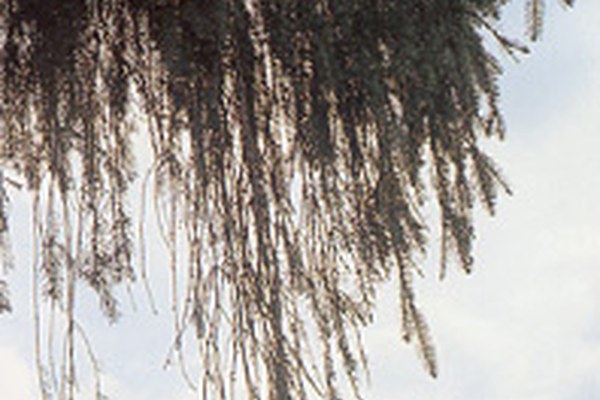
Project launch: Study of persistent organic pollutants in the Alps
Very little is known to date about the actual extent of the threat to the Alps caused by persistent highly toxic environmental pollutants, also known as POP chemicals. However initial studies suggest that they do represent a burden on the Alps, especially since POPs tend to deposit in cold areas such as mountain regions.
European Mountain Forum launches Mediterranean co-ordination agency
The European Mountain Forum has launched its new Mediterranean co-ordination agency at Les Planes de Son/E on 16 and 17 June as part of the international conference on "Sustainable Development in Mediterranean Mountain Regions: Past, Present and Future". Its aim is to promote the idea of sustainable development and its implementation in the Mediterranean region, and to raise the awareness of the significance of Mediterranean mountain regions not just among the local population but throughout Europe and the world.
Italy: MOMO project for the development of new technologies in mountain regions
The EU MOMO project, which focuses on applied research benefiting small and medium-sized companies, was recently unveiled in the Italian region of Friuli Venezia Giulia. Plastic materials for nanotechnology for example are to be developed at the Centre for Technological Innovations in Amaro.
World's first institute for holiday, travel and altitude medicine
"Our aim with the founding of the Institute for Holiday, Travel and Altitude Medicine at the Private University for Health Sciences, Medical Informatics and Technology is to demonstrate and substantiate by medical and scientific means the favourable health effect of a high-altitude holiday. We also intend to establish a form of certification for tourist regions and tourist enterprises," explained Tyrol's Provincial Governor Herwig van Staa at the official presentation of the new Institute in Innsbruck/A.
Environmental management for the Everest region
The University of Torino/I and the Ev-K2-CNR Committee are currently conducting an international co-operation project called "Everest: A Remedy Against Damage Caused by Tourism" in the Everest region of Nepal. The aim is to develop an environmental management methodology to be able to lessen the negative impact of the 70,000 or so western tourists a year in the sensitive eco-systems of the Everest region.
Second Himalaya Film Festival: Time to submit your films!
Films can now be submitted for the Second Himalaya Film Festival, which is to be held at the Cultural Centre of the Free University Amsterdam/Netherlands on 6 and 7 November.
Comprehensive study on mountain areas in Europe
The European Commission recently published the results of a study on the economic and social situation of European mountain areas. The study provides an in-depth analysis of mountain areas in 29 countries in Europe, including the EU Member States, the 10 new Member States and Switzerland.
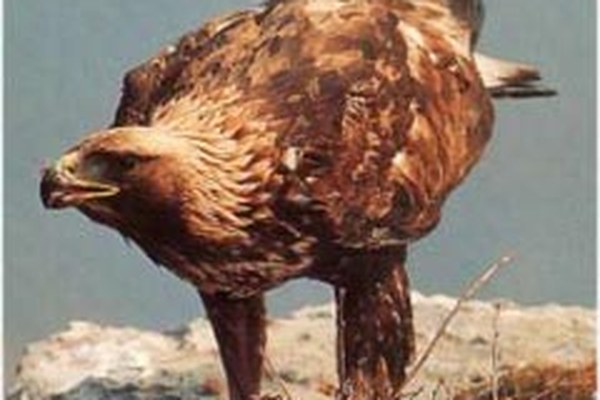
Projects to protect bearded vultures and golden eagles show positive results
The species preservation projects "Golden Eagles in the Eastern Alps" and "Resettlement of Bearded Vultures in the Alps" were presented on 26 March as part of the 16th National Park Weeks at the Hohe Tauern National Park in Salzburg/A.
St Moritz: the AlpenAkademie and a tourism, energy and agriculture alliance
The Swiss region of Engadine/St Moritz is focusing on the appeal of educational tourism, with the founding of the AlpenAkademie by the Academia Engiadina. A range of offers including language and computer courses as well as tourism, tour guide and management studies are already in place, and others are in preparation.
Electricity and heat essentially from renewable energies
By 2050 65% of electricity consumption and 50% of heating requirements in Germany could be provided by renewable energy sources.
EU decisions on the issue of transport
During a Conciliation meeting held on 16 March the European Parliament and the European Commission reached an agreement on issues concerning the Second railway package. Under the agreement rail freight markets (incl. cabotage) are to be completely opened up as of 2007. Agreement was also reached on new regulations for railway safety and interoperability as well as the establishment of a European Railway Agency.
World Water Day: Calls for waterway conservation and a stop to deregulation
The motto for this year's International Water Day on March 22 was "Water and Natural Catastrophes". A number of organisations seized the day to put forward their demands for better water conservation.
Presentation of an international umbrella brand for leisure & fitness holidays in the Alps
From the end of this year 80 businesses from Bavaria, Austria, Switzerland and southern Tyrol are to join forces and carry the new umbrella brand Alpine Wellness International GmbH.
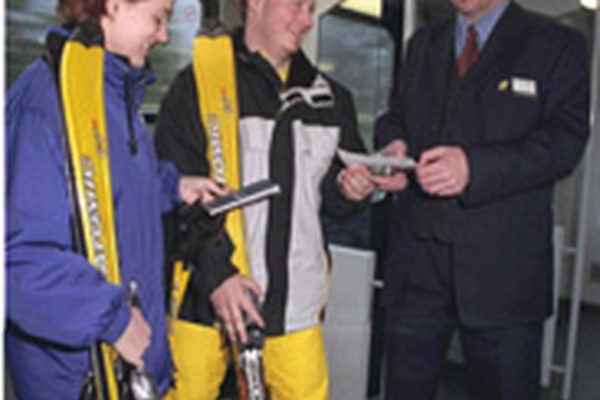
Taking the train and bus to the ski slopes proves popular
More and more skiers are making use of the ski trains and buses operated by the Vorarlberg Transport Authority. The main ski resorts of Austria's westernmost federal province, i.e. the Montafon, the Kloster valley and the Arlberg region, can all be reached by public transport. The good results achieved this season have prompted the Transport Authority to expand its offers as far afield as southern Germany, among others.
Early warning system for wolves
The New York Wildlife Conservation Society has developed an early warning system for wolf attacks to help prevent conflicts between man and beast, and as a result also protect the wolves.
7th CIPRA Summer Academy: The Alps in three weeks
The 7th Summer Academy of the International Commission for the Protection of the Alps (CIPRA) is taking place from 16 August to 3 September. For anyone interested in the Alps as a region this education course provides a detailed insight. The lectures and project work on topics related to the Alps are designed to offer a more comprehensive view of the Alps.
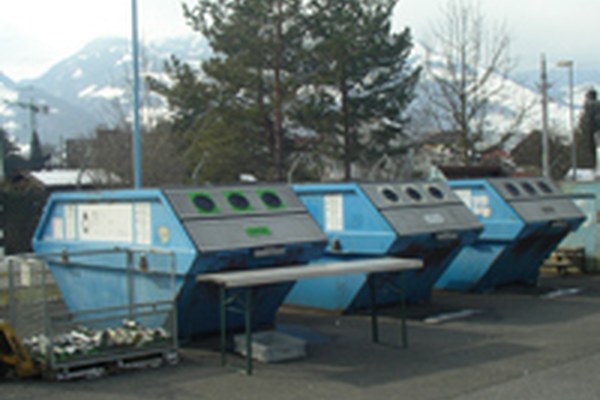
New waste prevention initiatives in Europe
The City of Vienna has set up "Scarabeo 2004", the first ever European Youth Competition on Waste Prevention and Separation. Until May 15 young people from more than forty countries can submit projects on ways of preventing and separating waste.
Preserving priority areas of the Alps
At the UN Conference on Biological Diversity in Kuala Lumpur the WWF presented a study identifying 23 priority areas of the Alps. The alpine study in five languages was drawn up by the WWF, the International Commission for the Protection of the Alps (CIPRA), the Network of Alpine Protected Areas and the International Scientific Committee for Alpine Research (ISCAR) with the help of a hundred experts from 90 institutions and bodies.
"Green" holidays in the Alps for Dutch tourists
From this summer several Dutch tour operators, including the TUI subsidiary Holland International and the hiking and cycling holiday specialists SNP, are offering "Green Package Tours" to Switzerland and Austria.
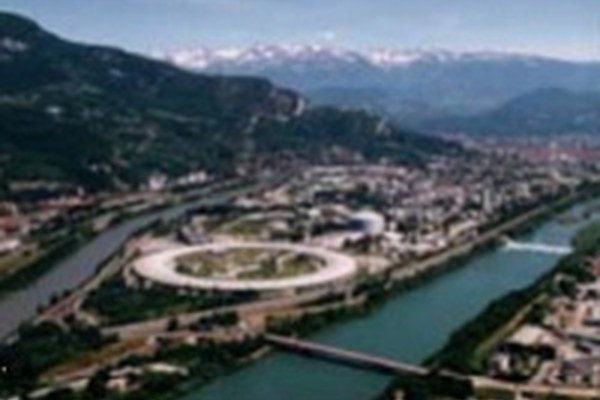
Centre for nanotechnology in the French Alps
The first European network for nanobiotechnology, Nano2life, is being co-ordinated in Grenoble/F since February 2. So after Paris Grenoble is now the second largest research centre in France, with 18,200 people working in 200 laboratories.
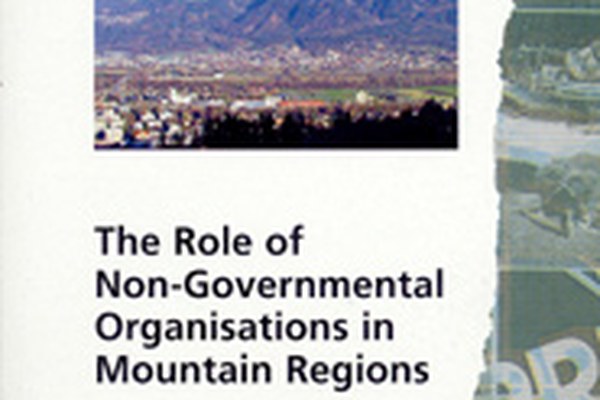
The Role of NGOs in Mountain Regions
The conference book of the 2002 Yearly Symposium of the International Commission for the Protection of the Alps (CIPRA) in Schaan/Liechtenstein has just been published. Marking the occasion of CIPRA's 50th anniversary the Symposium focused on the role of non-governmental organisations (NGOs) in mountain regions.
Minority languages of the Alps take to new media
In the past learning the Romansh language nearly always meant having to go through German. But since the end of last year Lia Rumantscha, the umbrella organisation for all Romansh associations, has posted an online English-Romansh dictionary called "myPledari" on the internet for free use.
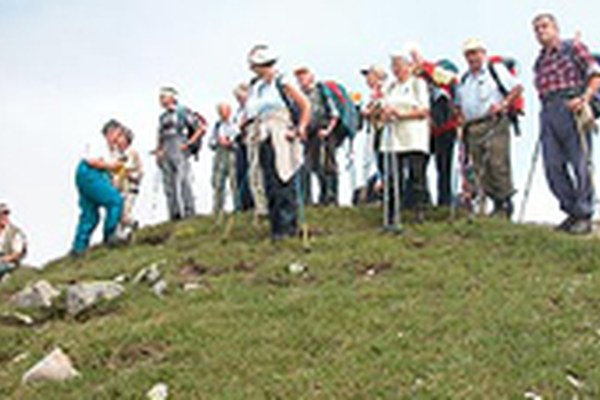
Extended mountain stays are good for you
Mountain air has a beneficial effect also on patients with cardiovascular problems. The optimum effect is achieved at altitudes of 2000 metres above sea level and after a minimum stay of three weeks.
Natura 2000 List for EU mountain regions approved
The list of Natura 2000 protected areas in mountain regions of the EU was approved by the European Commission at the end of 2003. It covers 959 nature sites in the Alps, the Pyrenees, the Apennines and the Fennoscandian mountains, which under the Council Directive on the conservation of natural habitats and of wild fauna are considered to be of European importance.
Third Arge-Alp book award
The Arbeitsgemeinschaft Alpenländer (Arge Alp) Working Group is to present its book award for the third time at the Arge Alp Book Festival on June 5, to be held in Trento/I, the Alpine Town of the Year 2004.
Questionnaire on best practice in protected area management
Experts and people working in protected areas are invited to take part in a questionnaire on best practice in protected area management.